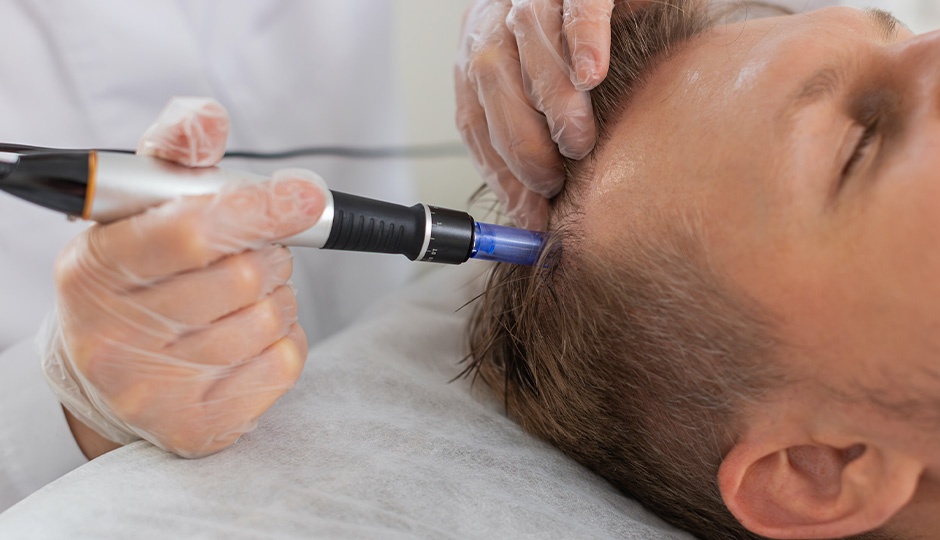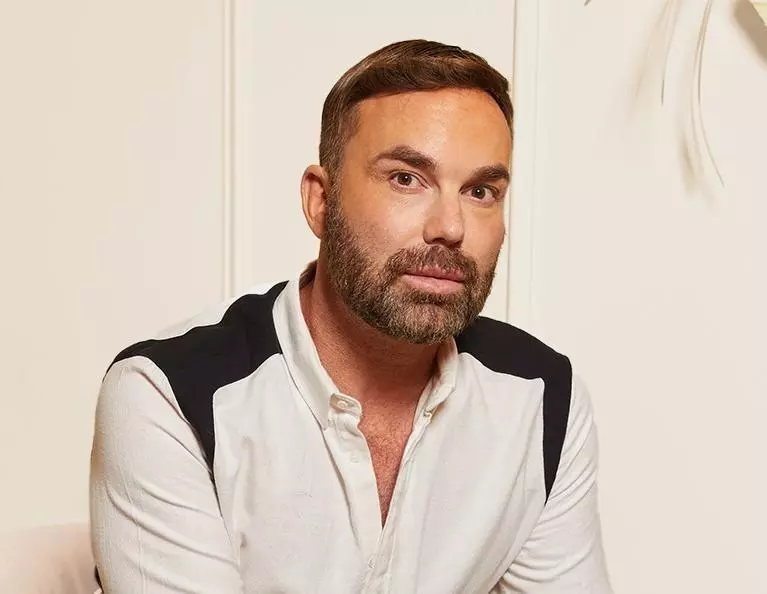Weight loss may be a good thing for many people. It can help to reduce your risk of health complications and may even extend your life if you are overweight or obese. However, with weight loss comes various changes to the body. One of those changes can sometimes be hair loss. You may be unsure why your weight loss is contributing to hair loss, but understanding the role is key to knowing what to do to treat it. For most people, this is not a long-term complication, and hair will grow back within a short time.
Why Does Hair Loss Happen After Weight Loss?
The best way to understand how to treat hair loss after weight loss is to understand why it is occurring. There are several reasons why this can happen:
- Nutrient deficiencies: Some people go on very strict diets. When they do, that may exclude certain food groups, and it may mean missing key nutrients in the diet as a result of this. That nutrient deficiency can be a concern.
- Restrictive diets: Many people have restrictive diets that are so significant, and the change is so drastic that it can shock the body. That type of stress – even if it leads to weight loss – can create a sudden loss of hair as the body works to address it.
- Hormone changes: As weight loss occurs, hormone changes happen as well. That may mean that you begin to see hair loss if your hormones are no longer balanced.
When any of these situations occur, the body reacts by focusing on the most important tasks to keep you alive and functioning. Hair is less important and, therefore, may become less vital to maintain.
There are some situations where this type of onset is very common. For example, it is common to lose hair if you go on a very low protein diet or a keto diet that eliminates all carbohydrates. Weight loss surgeries are a significant change to the body as well, which can lead to numerous health risks.
What Is Happening Within the Body?
When weight loss like this occurs, it can cause the body to shift into an acute telogen effluvium stage. This is one of the most common causes of excess hair shedding. Most of the time, this happens about three months after some type of event triggers the stress, such as a significant diet change.
Some people may develop chronic telogen effluvium, which can last for as long as six months. Others may develop more significant balding.
What Can You Do About It?
Whenever possible, provide your body with the most nutrients possible, especially when making significant changes like this. For example, going on a restrictive low carb diet may mean you are not taking in enough vitamins and nutrients that you typically get from fruits. To adjust for this, consider finding alternative sources or turning to a high quality supplement for help. Focus on improving your nutrient intake as the first step.
It is also wise to consult with your doctor about the hair loss. Your doctor can run blood tests to ensure it is the weight loss that is contributing to your hair loss and not anything else. In addition, if you are nutrient deficient, that information will become evident in your bloodwork. You can then adjust the nutrients you are taking in to improve your overall wellbeing.
In some situations, just waiting can help. If your body is in an acute phase of hair loss, it is likely it will start to grow back in the next three months, which is the normal hair growth cycle. However, that may not be the case in situations where other underlying conditions are playing a role. Sometimes it can take six months or longer for it to grow back.
Finding the best way to lose weight while managing hair loss risks is important. By taking a few minutes to speak to your doctor about the sudden changes, it is possible that you will see a big improvement in your overall health and wellbeing, too. Often, hair loss is not the only factor that could be negatively impacted by a sudden change in weight loss like this. To learn more contact the team at Unique Hair Concepts.






